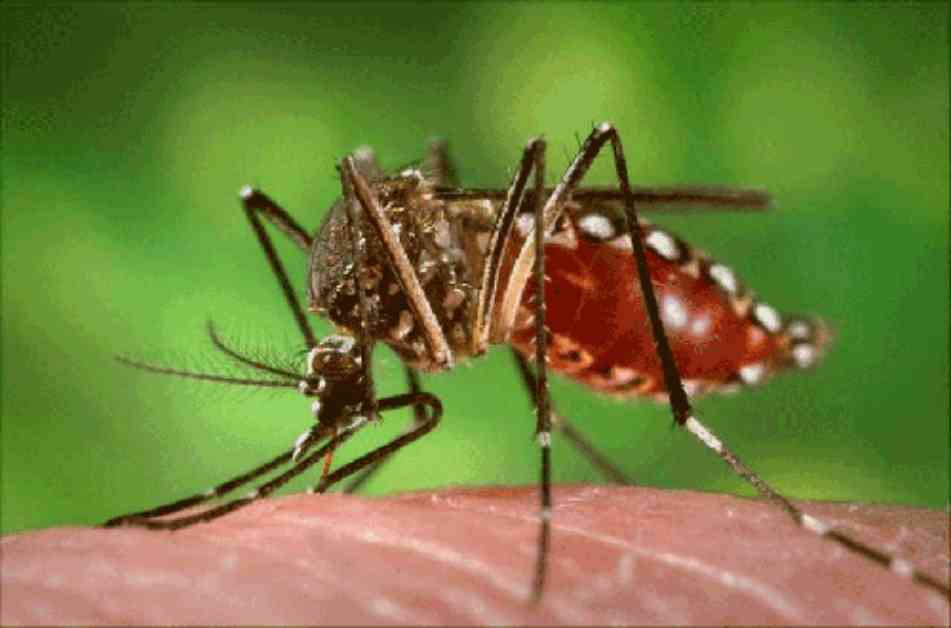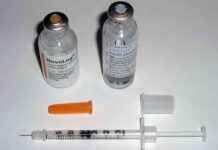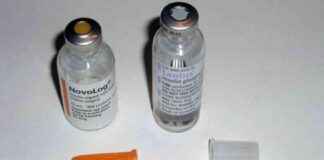Control Dengue Fever: Operation 4×4 Months, Target Less than 100,000 Cases This Year
With the impending monsoon season on the horizon, there is a growing concern about the potential for heavy rainfall leading to waterlogged areas that could become breeding grounds for dengue mosquitoes. It is predicted that this year, in 2567, the number of dengue fever cases may reach a five-year high. The Ministry of Public Health, along with the Department of Disease Control, the Department of Health, and various medical associations in Thailand, are joining forces to combat this potential outbreak.
Dengue fever is not only prevalent among children but can also affect adults, and the symptoms can be severe, especially for high-risk groups such as those with diabetes, high blood pressure, asthma, kidney disease, chronic liver disease, heart disease, and pregnant women. It is essential for individuals to consult with a healthcare provider for dengue fever vaccination to reduce hospitalization rates and the severity of the disease. It is advised not to self-medicate, especially with NSAIDs, as it can worsen the condition. Strengthening immunity through vaccination is one of the key preventive measures for all age groups.
Dr. Sopon Iamsirithaworn, the Inspector General of the Ministry of Public Health, emphasized the need for proactive measures to prevent and control the spread of dengue fever. The “4 Focus, 4 Months” strategy aims to reduce the number of cases by at least 30%, with a target of less than 100,000 cases this year.
Subheadings:
Preventive Measures
Rapid Diagnosis and Treatment
Community Engagement and Awareness
Preventive Measures
The “4 Focus, 4 Months” strategy includes vigilant monitoring of disease and mosquito vectors, surveillance, and destruction of mosquito breeding sites. It also entails responding to and controlling mosquito vectors according to the 3-3-1 strategy, involving collaboration between public health agencies and local authorities to ensure quality disease control measures. Swift diagnosis and treatment are crucial, with suspected dengue fever patients needing rapid testing with NS1 rapid tests. Communication of risk factors to pharmacies and medical facilities to avoid prescribing NSAIDs to patients with dengue-like symptoms is essential. Additionally, using mosquito repellents is recommended to prevent the spread of the virus.
Rapid Diagnosis and Treatment
In case of suspected dengue fever, prompt diagnosis and treatment are vital. Rapid testing with NS1 rapid tests should be conducted for all suspected cases to facilitate timely management. Early detection can help reduce the severity of the disease and prevent complications. It is crucial for healthcare providers to be vigilant and proactive in diagnosing and treating dengue fever to minimize the impact on patients’ health.
Community Engagement and Awareness
Community engagement and awareness are key components of dengue fever prevention and control efforts. Educating the public about the risks of dengue fever and the importance of preventive measures is essential. Engaging with communities, healthcare providers, and schools in high-risk areas to disseminate information and raise awareness about dengue fever prevention can help reduce the disease’s impact. Using digital platforms like Line app to communicate risk information and prevention strategies can facilitate quick and widespread dissemination of crucial information to the public.
In conclusion, tackling the dengue fever threat requires a concerted effort from various stakeholders, including government agencies, healthcare providers, and the public. By implementing proactive measures, rapid diagnosis, and community engagement, the goal of reducing dengue fever cases to less than 100,000 this year can be achieved. It is crucial for everyone to be vigilant, informed, and proactive in combating this potentially deadly disease.




















